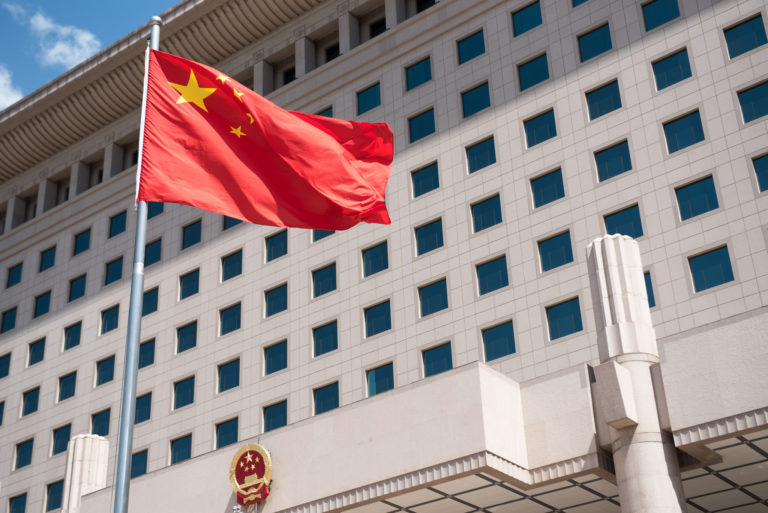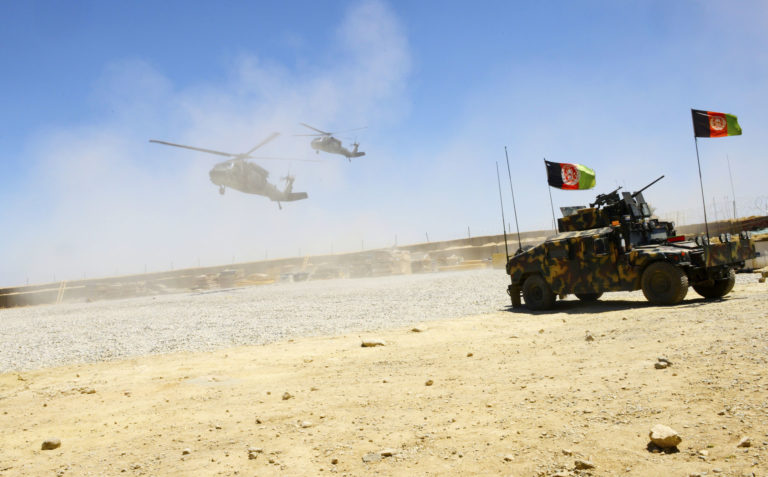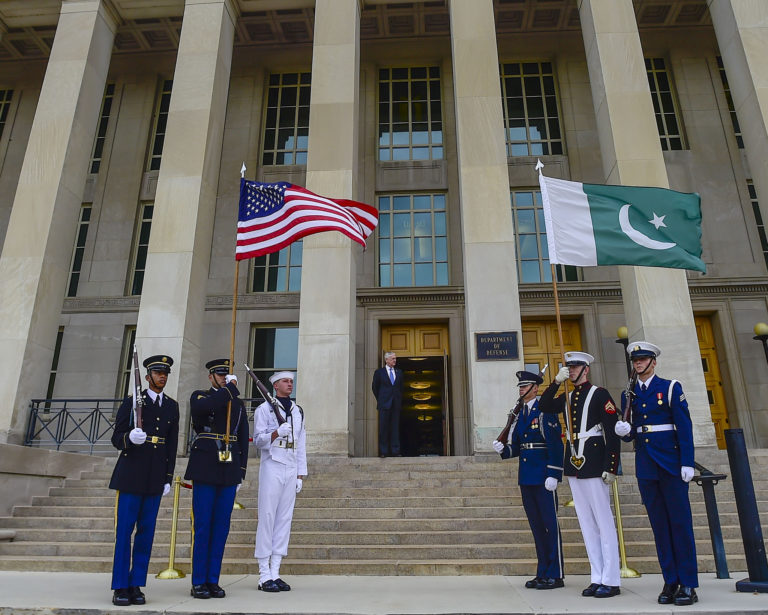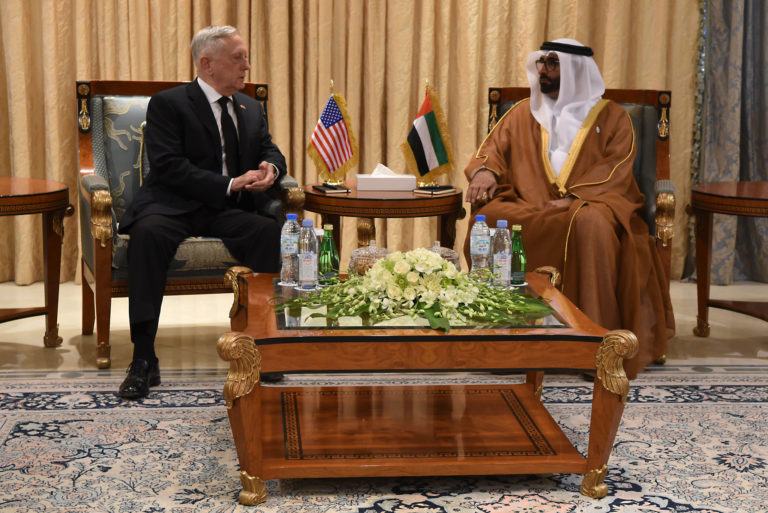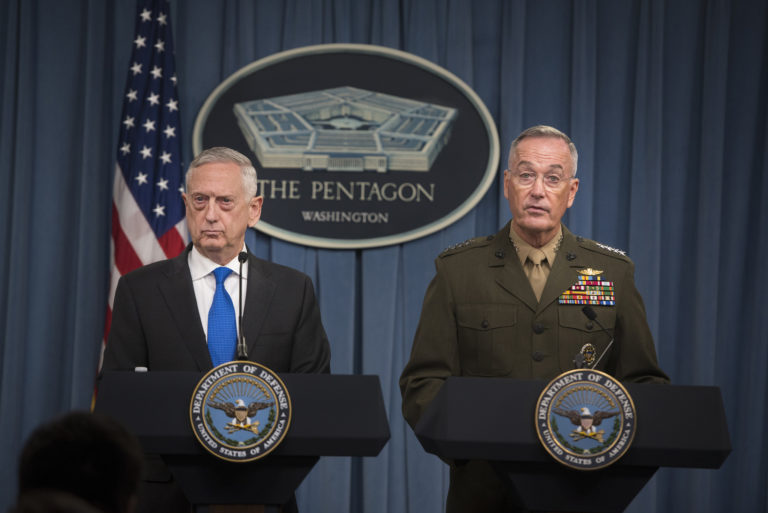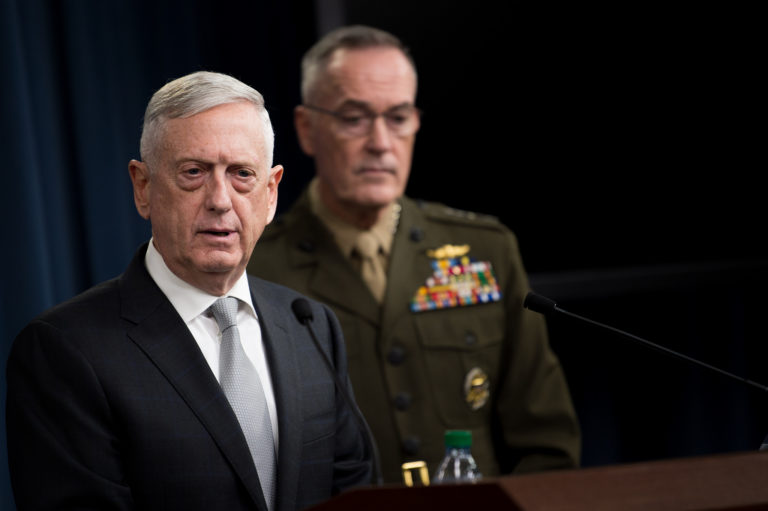Bad Idea: Banning Chinese Students from Studying in the United States
In October 2018, leaks revealed that the White House was considering banning Chinese students from entering the United States. Then in late November, Reuters reported that the Trump administration may step up vetting measures of Chinese students. Yet, for an administration promising to compete more effectively with China, this is a particularly counterproductive proposal, not only on legal and ethical grounds, but also from a purely competitive standpoint.

